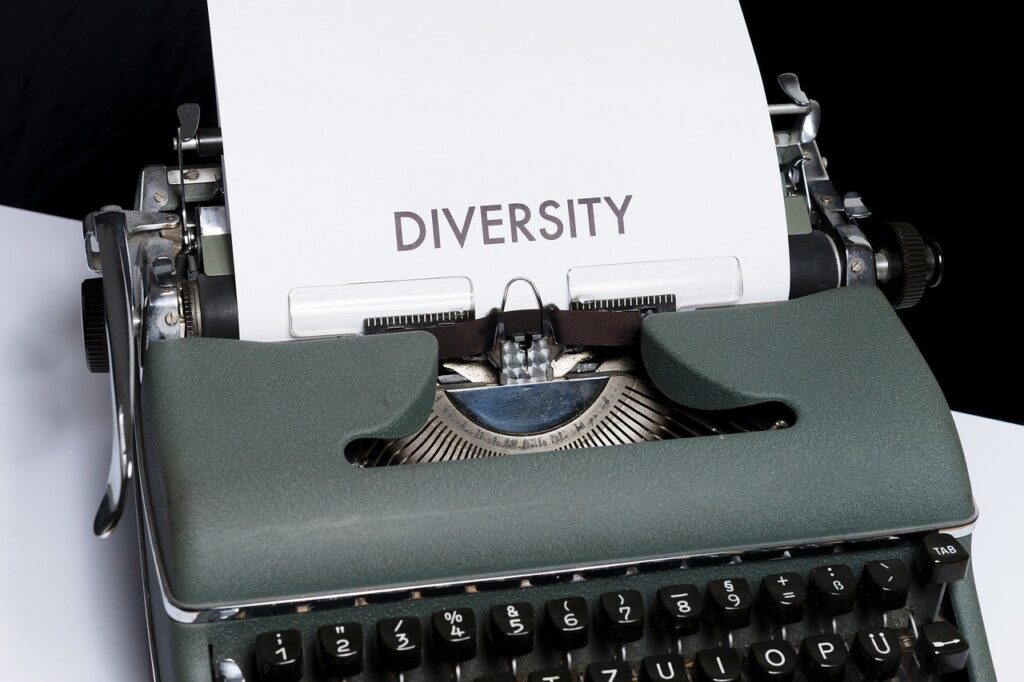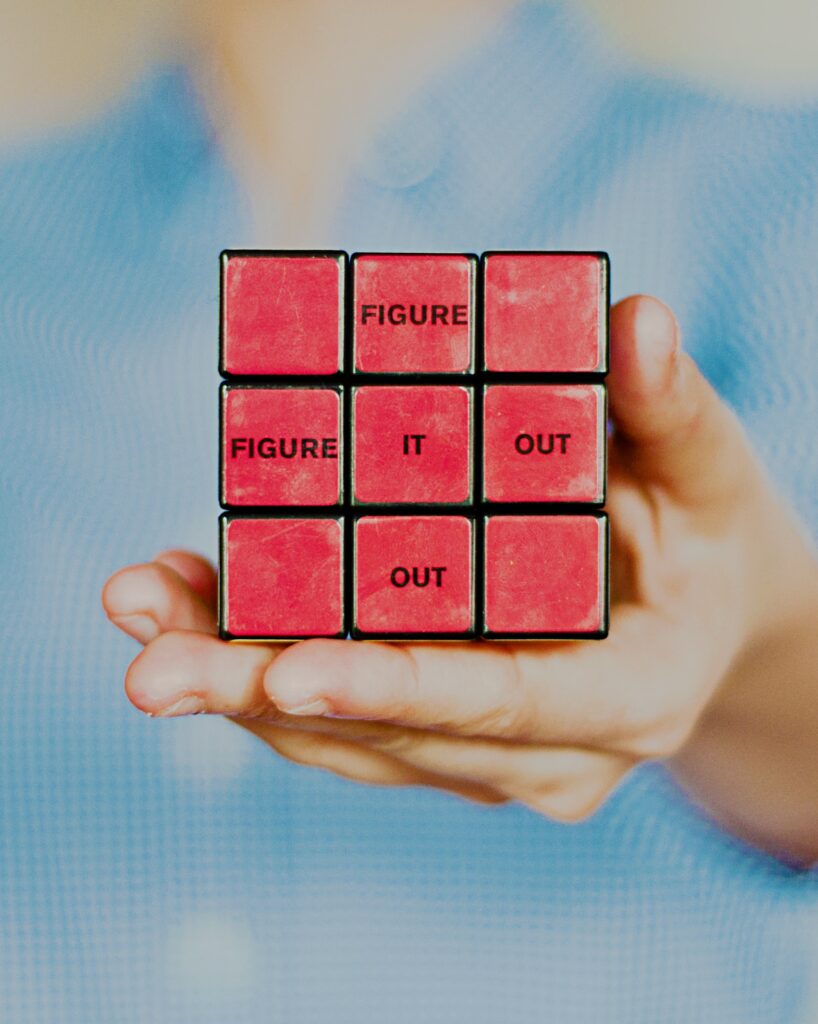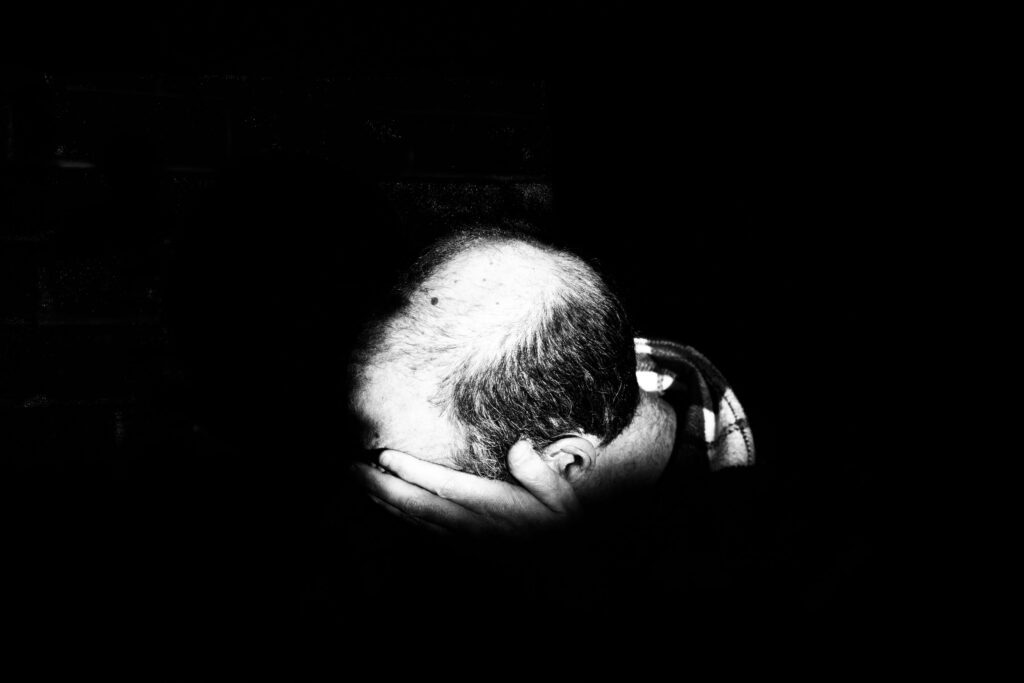This piece is going to be a bit off the cuff for Obsidian Tea. Remarking on an observation of a trend I think as a culture we need to look at and be careful of: Fetishization and social commodification of oppression and adversity.
That’s the fancy way of saying there is a lot of social power abuse in the labels we assign ourselves and gatekeep.
I think it’s important for everyone but particularly those who are more aware of social issues, to be sure one isn’t participating. I want to cover a few things in this piece; my experiences being at the bottom of the minority hierarchy, gatekeeping and identity, along with some history. Stick this out and let me know what you think!
Alright.
The Awkwardness
I know that I am unable to truly understand what it’s like to be a white American cis gender, heterosexual man. It’s just so far from my everyday life that it’s hard for me to even imagine what it’s like. I’ve had to learn a lot about what makes their experiences so different from mine. Therefore a lot about the inverse identities. What do I have in common with a white gay woman vs a Black Trans woman? How do our experiences overlap and how do they differ drastically? Add in culture, ability, immigration, religion, and a bunch of other identities, and things get complicated fast. Yet, I’m always surprised at two things; how little many people who are singularly different from the “majority” understand their oppression in context with others and how that oppression becomes an identity in and of itself.
I’ve had Black straight folks tell me they don’t have privilege while having privileges I don’t. White women say they experience more oppression than me. It’s not uncommon to see messaging around identity equated that clearly shouldn’t be, or worse lacking acknowledgement that these experiences can overlap.-Such as an event being for queers and POC. Y’all do know you can be both right? That those two groups don’t always have the same exact needs, wants, and values, right? More importantly, they may not have the same experiences.
Truly, not much is more uncomfortable than to be chatting and be pegged as being better off than the female speaker, because I’m a man. Only later to have a Black man suggest he isn’t privileged because he doesn’t have white man privileges. As I sit here reflecting on my struggles to get healthcare or adopt easily. Everyone seems to see their own experiences of oppression as the worst™ even if they also acknowledge intellectually it’s untrue. It seems there is a common blind spot that if it’s not a one-to-one struggle then it must not exist.
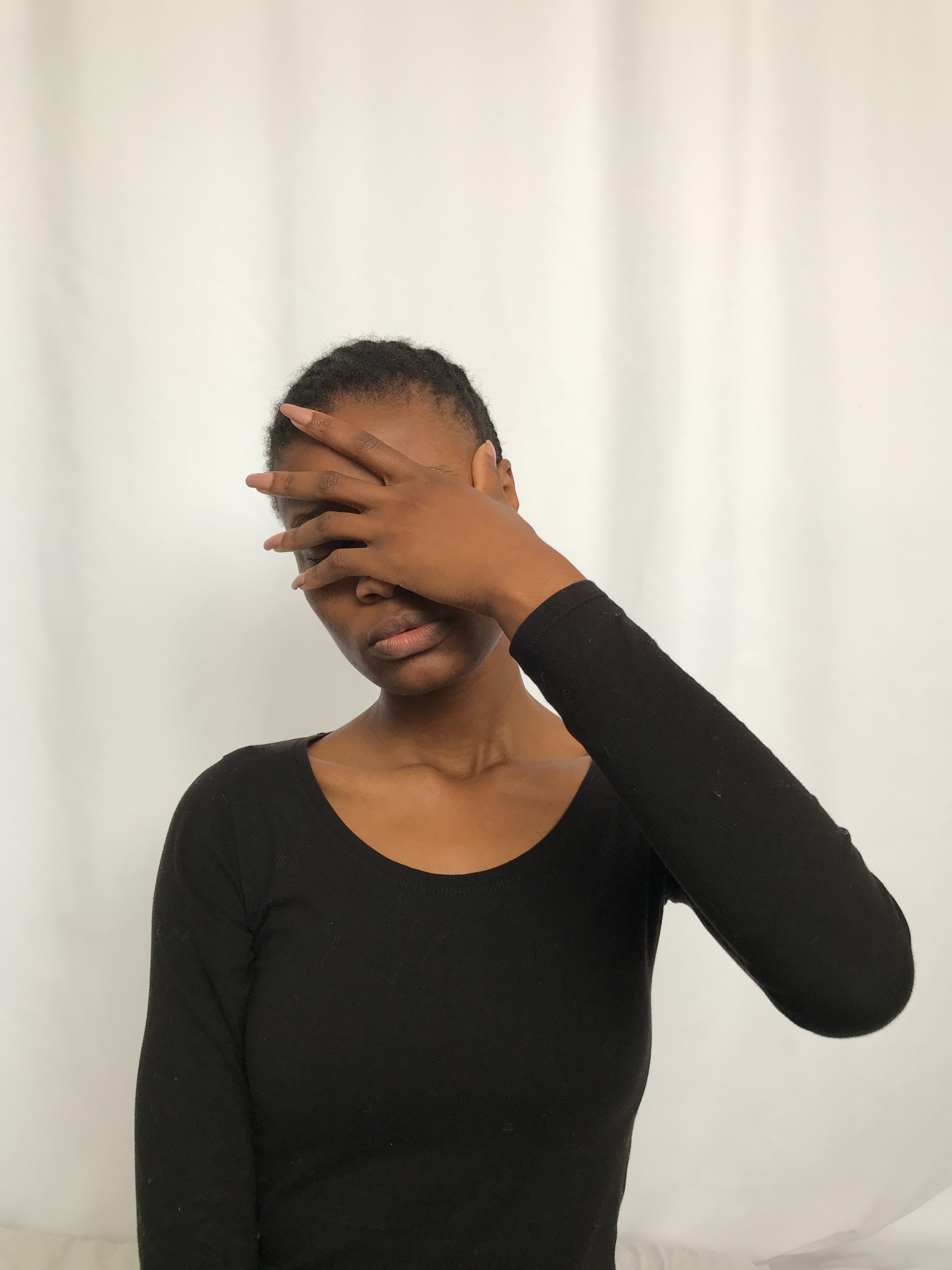
Why Is This Important
Well, because being oppressed can have a certain power. Not a lot and it’s not useful most of the time but it can give you certain clout and ego. In the pursuit of empowerment and celebration of one’s experiences, it can also lead to a “superiority” complex too. It’s not uncommon for me to hear about how women/queers/POC are “better” than their majority counterpart.
One doesn’t have to look far to hear narratives like “put the women in charge”, “gays just have more fun and have better boundaries”, “POC cultures are richer and have better values”. (just look at the fetishization of collectivist cultures, during the pandemic)
Then being “better” gives you the false narrative that what that group says must be the best way forward. So, who controls and represents that group becomes a social power battleground in and of itself, falsely setting up being the most oppressed as equal to having exemplary values. Other experiences endanger that belief and so oftentimes they are dismissed or devalued. Meaning we have a growing culture around minority experience, that is a problem. One, like so many other things, we have inherited from our elders; yet, we keep upholding these ideas that don’t serve us.
the history of the oppressed
Throughout history there has been a battle over whose rights matter the most. It shifts with the times and yet there it is, always there in some form. Look at voters’ rights. After non land owning white men were allowed to vote, there was a great deal of discussion around who deserved to be able to vote next. Essentially coming down to a pissing match between Black men and white women. Who was suffering more? Who deserved their rights sooner? Meanwhile both groups- but particularly the white women -told Black women to hold on, that they’d get their turn… soon. Yet during both campaigns towards voters rights, the argument was that they were the most oppressed.
White Americans have a romanticised vision of The Great Depression and pulling themselves up from their bootstraps, but fail to acknowledge that most of those opportunities were closed to Black people. As time went on and more social groups gained a voice in the public discourse, there became a feeling of scarcity of the amount of people the majority would care about. So, the rift between groups deepened as everyone was out to “get theirs” and everyone else could wait. By the 60s, Black Americans had made a lot of progress towards civil rights. With that came a different issue.
the one hate rule
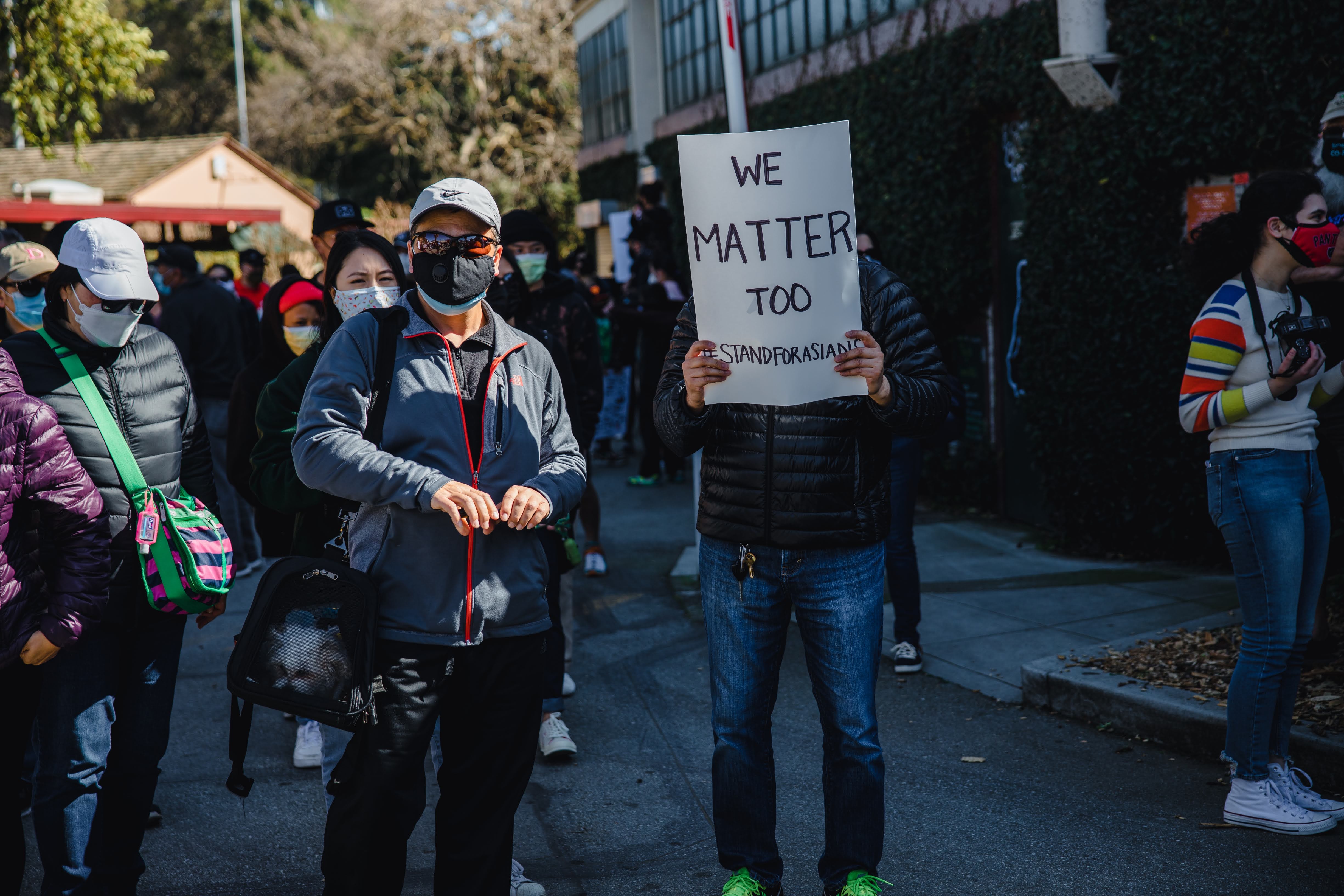
Been wanting to talk about this concept for a while. The one hate rule is the idea that minority hate is experienced equally and the same. Today, it’s a part of why some of the Black community is unsure of terms like POC. As much as it does create camaraderie, it also creates an issue. A lack of ability to speak on a nuanced experience of oppression. Suddenly, It wasn’t just a fight for Black rights and lives but all POC lives, even though the experiences of being Black vs those of other cultures isn’t the same. Additionally, this contributed to the idea that certain groups were; complaining about fake experiences, being too specific,- or worse -were ignored, because they didn’t experience it.
A classic example of this is the discussion “Why can’t Black people succeed like immigrants?”. Over time, this one hate rule has expanded past just skin tone and culture to encompass all non majority experiences. But instead of creating a collocation of people supporting others interests and experiences, it’s morphed into a minority hierarchy, with those of us in multiple groups, at the bottom. Unseen and unheard.
So those with an experience closest to the “majority” end up with the most power and yet get to also opt out of needing to respect, understand, and support those “lower” than them. White gay men talk over and for Black people, suggesting we are equally oppressed, when if they only listened to their Black counterparts they would realize that’s untrue. Women tell Black men that they are more privileged despite the very real power they(white women) have over them because of their protection by white men. Non trans queers often treat trans queers as lesser. These all contribute to an oppression that is claimed to be unable to exist.
So, the biggest, loudest, and most privileged among the minorities get a great deal of power to shape the greater culture and the lives of the minorities with less power.
how identity plays into this
It’s one thing to celebrate your experiences and uniqueness. Another to centre your world around it and tie an ego to it. A friend asked me if as a fellow disabled person, I ever looked at able bodied folks with irritation and scorn for the privileges they held that I don’t.
“Nah.”
“Why not?”
“I’d be in a constant state of rage.”
For him, the injustices were occasional and so rage inducing. When he wasn’t dealing with ableism, he went back to a generally (socially) privileged life in many ways. It was the shift between the two that made his experiences as a disabled person so forefront.
For me, being disabled is one experience among many. Some friends have asked if I’m afraid in areas as a queer person or have expressed being so, and it’s always confusing for me. Queer harassment is not worse than anti Black harassment; so, no, I don’t view that one particular section of my experience as the holy grail of bad. Don’t get me wrong, I don’t feel that way about being Black either. Honestly, most of the time I’m not even sure what it is about me that a random person dislikes. These experiences are so interwoven into my life, that one to one comparing them and or not including the specific way these experiences stack, is just not how I experience my life.
Therefore, I don’t typically identify in the same way that others do. I use labels and identity as a shorthand generalisation of an experience, NOT, encompassing who I am. When identity starts to have power and weight, when oppression is viewed in isolation, when frustration with the majority turns from desiring rights and respect to scorn, I think identifying so strongly with an oppressed experience becomes blinding.
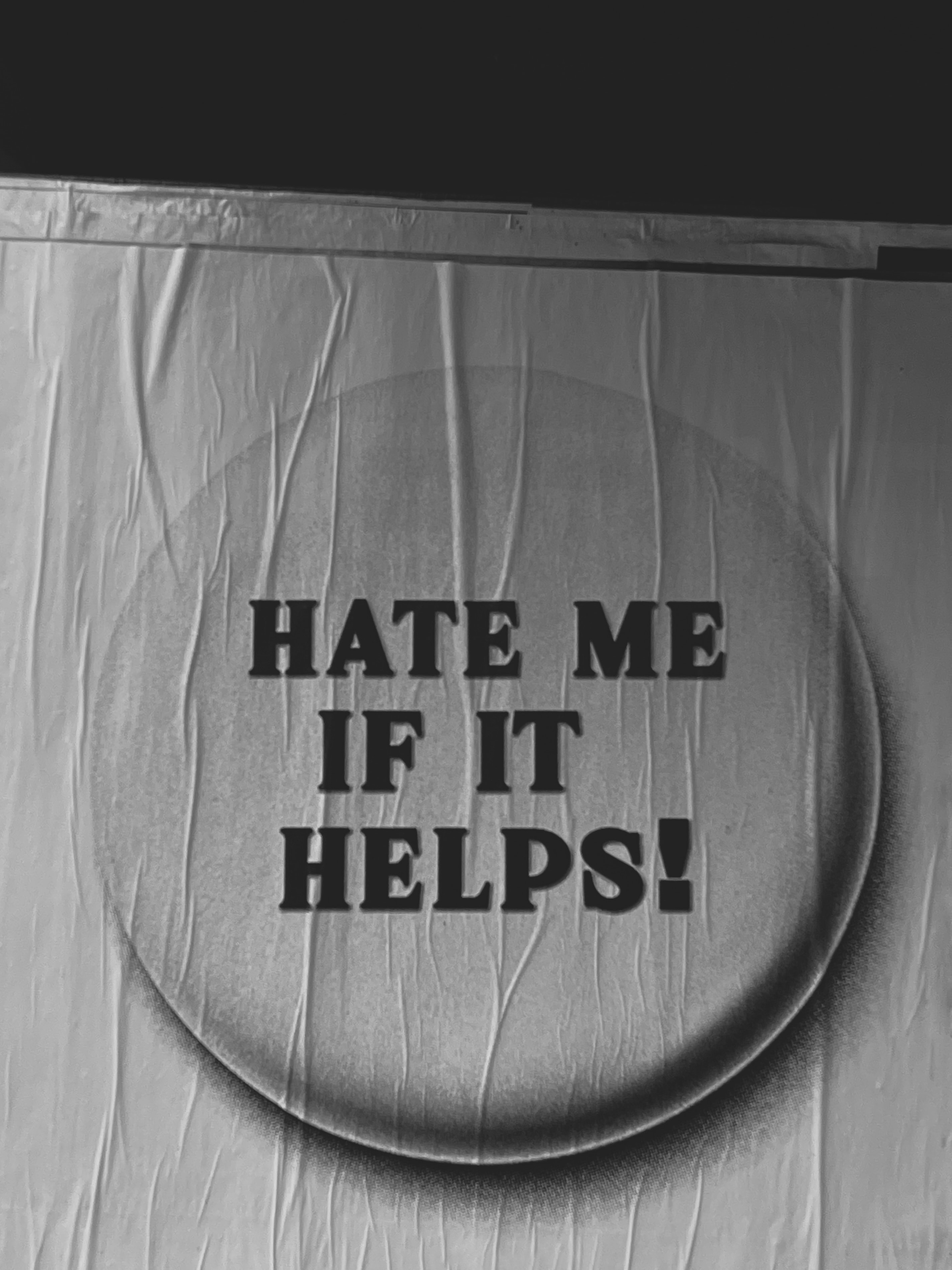
intersectional experiences
One of my least favourite parts of being a Black trans man is that it seems as though people are under the impression I have suddenly gained access and privileges normally only given to the majority. Nah, fam. Instead, I have even LESS resources than before. The simplest example is grants and programs. I go looking for support and mentorship and come up exclusively with groups for women, femmes, and/or “non men” but trans men are ok. Ok, so two of those aren’t meant for me but make up the majority.
Then, many of these “non men” groups, despite saying they are for anyone who isn’t cisgender, aren’t. Following the tradition of the one hate rule, they technically are inclusive but looking closer it doesn’t support trans men. Unless, they fit a very narrow mould and are ok with having their experiences, needs potentially (and likely) going unmet. That’s besides the fact that they may have a direct conflict with the “non-men” concept, like I am. I AM a man who is trans. We don’t say things like “this group is for tea drinkers and not coffee drinkers: but decaf drinkers are ok.” Not having caffeine doesn’t make the drink NOT coffee.
Am I just to have magically received the white male contacts and support to know how to do this? As if now that I’ve transitioned people are falling over themselves to give me opportunities, take me seriously, and give me money. That’s not how it works. If it is, I need to file a complaint! Now, I’m lacking that access and my old access to support.
Like people of mixed descent, (read this article) people with intersectional experiences often fall between the cracks because so many are wrongly assuming that their group is the only group that needs support- or deserves the most support. -Without a well rounded and nuanced perspective of what it means to be a minority, the hardships you face and those you don’t, as well as the intersections of experiences and the over-identification with your own oppression will continue; Ultimately, leading to an unbalanced power structure among the non-majority, that only encourages the oppressed to oppress (or at least not support) the minorities’ minority.
A minority experience doesn’t negate your privileges in other areas
Nor does it negate someone else’s minority experience(s). Being a woman doesn’t make one inherently more oppressed than every man. Being Queer doesn’t inherently mean you understand racially-based oppression nor are you exempt from participating. It’s important to not get so deeply wrapped up in the experiences of being oppressed that one forgets the areas you might not be oppressed. To check in to see that your oppression isn’t the only experience out there. Take the rose coloured glasses off to take a hard look at your communities. Particularly around certain experiences or ideals.
In the areas you may not be oppressed, there is someone who is and they are a part of your community. Just as in the more intersectional spaces, not having a 1 to 1 match of your oppression doesn’t mean they aren’t a part of your community. Viewing things that black and white is just a way to create social power. A gay Black person is as Black as a white-passing person as a deeply dark straight person. They may all have different experiences and troubles, they may not all share the same amount of type of oppression but it’s an AND not an OR. Same thing across minority lines. Someone experiencing different oppression (and potentially different amounts) doesn’t negate your experience, just as much as yours doesn’t negate theirs.
I think it’s important to know how we are oppressed and fight for rights and respect, but the scarcity around it is something we can leave in the past. An experience of being oppressed can be a part of you and your life and not all of it, and for most it isn’t all of your life, nor is it everything about that experience. Revel in being whatever minority you are, but don’t forget you are also a person and more complex than a label or two.
So the question is…
Where are you oppressed and where are you not? Do you know about the experiences of being a minority of your community? (i.e. gay in a Black space, Black in a polyam space, being disabled and queer) Who are you outside of your labels? Do you understand the privilege that you do have?
So many people are focused on keeping “the wrong” people out of their groups they don’t know the members of their group. They don’t know the struggles of people not like them. Let’s be better, for all of our sakes. We don’t have to choose. There is time, resources and respect enough for everyone.
